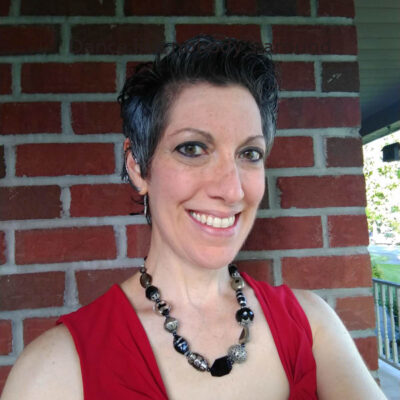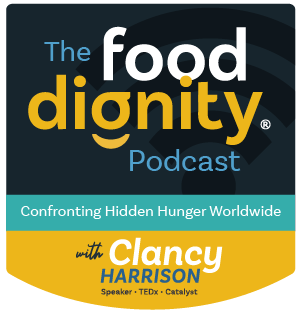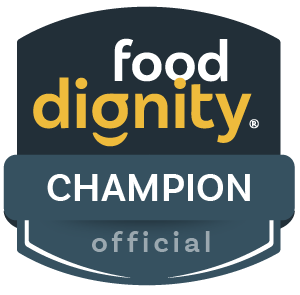Episode 2: Why Do I Judge?

About the Podcast
Judgement reduction expert Alicia Nordstrom asks us to be honest about our biases. She wants all of us to be raw, real and to speak our truths.
About Alicia Nordstrom, PhD
Alicia is a professor of psychology at Misericordia University. She received her Ph.D. in clinical psychology from The Pennsylvania State University. Her research focuses on classroom interventions to reduce stereotypes and prejudice, fear of failure and motivation in college students, and factors that promote and hinder students’ adjustment to college.
Alicia is the creator of The Voices Project and The Voices Project: Disability (Electric City/Diamond City Best Theatrical Performance award), a narrative-based, stigma-reduction classroom assignment. The Voices Project: Mental Health was performed at the Broadway Bound Theatre Festival in NYC (#MUVoicesProject) and was broadcast on PBS as a documentary. The Voices Project has won several awards for its efficacy in reducing racism and mental health stigma in college students including the Society for the Psychology Study of Social Issues Innovative Teaching Award and the Social Psychology Network Action Teaching Award. Alicia believes in the power of stories to reduce stigma and prejudice, a message that she spread through her TEDxLancaster talk on the “Fallacy of Normal and Beauty of Difference”. She is passionate about teaching, social justice, theater, and making a difference in the lives of others.
Discussion Takeaways
- People are aware of stereotypes, but they still believe the stereotypes.
- If you want to be interesting, you have to be interested in other people and places that are unfamiliar to yourself.
- When people are willing to talk to people who are “different” than themselves, stereotypes don’t survive.
- We might have differences, but we are all human.
- Meeting people is one of the best weapons we have to fight stigma surrounding food insecurity.
- We are so afraid to acknowledge our attitudes. You can be a good person and have bias. Everyone has it.
- Diving into your bias in an authentic way shows your courage and strength.
- Don’t pretend to have it all.
- Embrace your imperfections.
- If you want to help people, show your vulnerability.
- We are all messy. Showing your mess makes you relevant and relatable.
- Make a commitment to get real information from people living in different circumstances.
- Cultural humility is admitting what we don’t know, constantly evaluating and critiquing ourselves, and advocating to fix the power imbalances.
- We put too much trust in our thoughts, and we believe our thoughts are the truth.
- Thoughts are just perceptions.
- You don’t know what you don’t know. Consider each day a new opportunity to learn and grow.
- Unless we meet people different than ourselves, we live in an echo-chamber.
- It isn’t just meeting people different from you, but it’s about having real conversations.
- Stigma refers to a “spoiled identity”. Although we all have so many different identities, traits, and characteristics, society highlights one element of who we are and tells us that we are “bad” or “wrong”.
- Food insecurity is not a category. It is a continuum where people move around depending on their life circumstances. One day, they are food secure and the next, they are not. Food insecurity is not black and white.
#1 tip to improve access to healthy food
Don’t avoid bias; explore it. Once you are aware of it, you can control it and reduce its effect on how you think and act.

Each week on the Food Dignity® Podcast, the Food Dignity® Movement’s Clancy Harrison hosts a wide variety of hunger experts and other people making changes on the frontlines. Join us as we dive deep into conversations that will change the way you think about food insecurity.
Listen to our trailer!
Want to learn more about how we might work together?

Fight hidden hunger by becoming a
Food Dignity® Champion and take the HIDDEN HUNGER PLEDGE >


